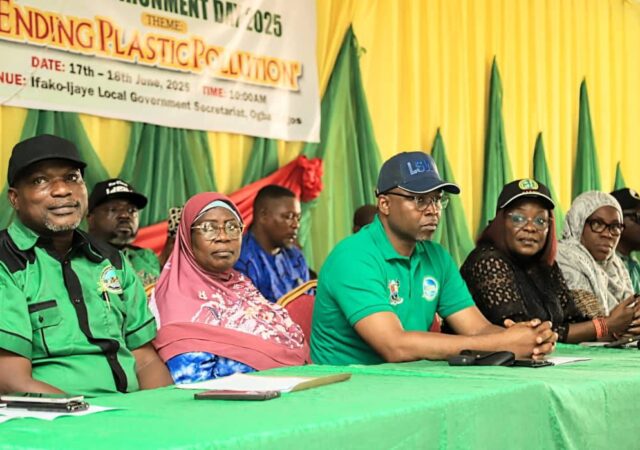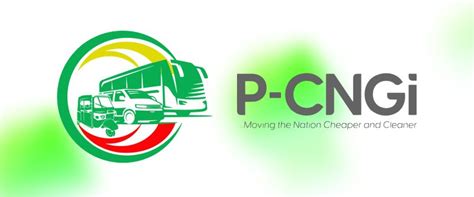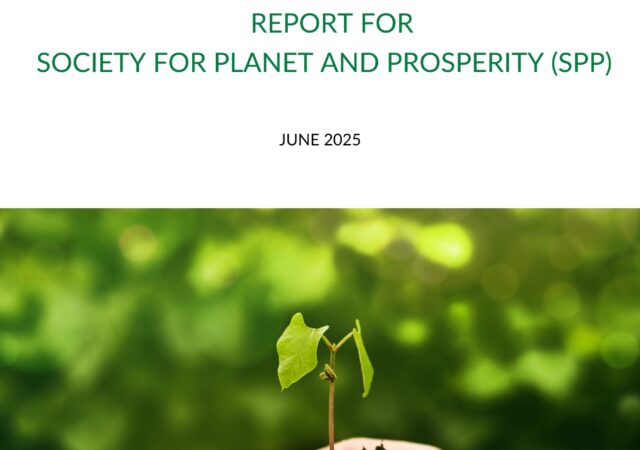As the world marked the 2025 World Environment Day, the Lagos State Government reiterated the urgent need for deliberate and transformative action from all citizens to safeguard the planet, with a specific call to tackle the growing menace of plastic…
Nigeria Reaffirms Biodiversity Commitment at NBSAP 2025–2030 Validation Workshop
The Honourable Minister of Environment, Balarabe Abbas Lawal, has reaffirmed Nigeria’s unwavering commitment to the Kunming-Montreal Global Biodiversity Framework during his address at the National Biodiversity Strategy and Action Plan (NBSAP) 2025–2030 Validation Workshop held in Abuja. Speaking to a…
Petroleum Producers Decry Infrastructure, Technology Gap in Gas Market Integration
The African Petroleum Producers’ Organisation (APPO) has identified lack of finance, technological infrastructure and foreign over-dependency, as critical challenges facing the African energy markets integration. Dr Farouk Omar, Secretary-General of APPO, said this on Wednesday in Abuja at the Africa…
Fisheries Society Hosts Maiden Induction for Fisheries, Aquaculture Graduates/Students
Fisheries Society Hosts Maiden Induction for Fisheries, Aquaculture Graduates/Students The Fisheries Society of Nigeria (FISON), Rivers State Chapter, has held its maiden hybrid induction ceremony for graduate students from fisheries, aquaculture, and related disciplines across the state. Newsmen…
NLNG Endorses 2025 Oriental News Nigeria Summit on Gas Utilization and Energy Security
In a major endorsement of Nigeria’s energy transition agenda, the Nigerian Liquefied Natural Gas Limited (NLNG) has been confirmed as the keynote speaker for the 2025 Oriental News Nigeria National Conference. The summit, organized by STANMEG Communications—publishers of Oriental News…
NUPRC Issues New Guidelines, Focuses on Nigeria’s Crude Oil Exports Tracking
“To all licences and leases granted or preserved under the Petroleum Industry Act (PIA) 2021,” seven things to know about the NUPRC’s Advanced Cargo Declaration, the guidelines covering crude oil, natural gas, natural gas liquids and petroleum products exported from…
SPP Raises Bar on Climate Accountability with 2024 GHG Emissions Report
SPP Raises Bar on Climate Accountability with 2024 GHG Emissions Report The Society for Planet and Prosperity (SPP), a leading environmental NGO, has taken a bold step toward climate transparency with the publication of its 2024 Green House Gas…
CREDICORP will Empower Nigerians, Curb Corruption — MD
Mr Uzoma Nwagba, Managing Director of the Nigeria Consumer Credit Corporation (CREDICORP), says the scheme is critical to improving the living standards of Nigerians and curbing corruption across the system. Nwagba stated this on Tuesday during a ‘Meet the Press’…











